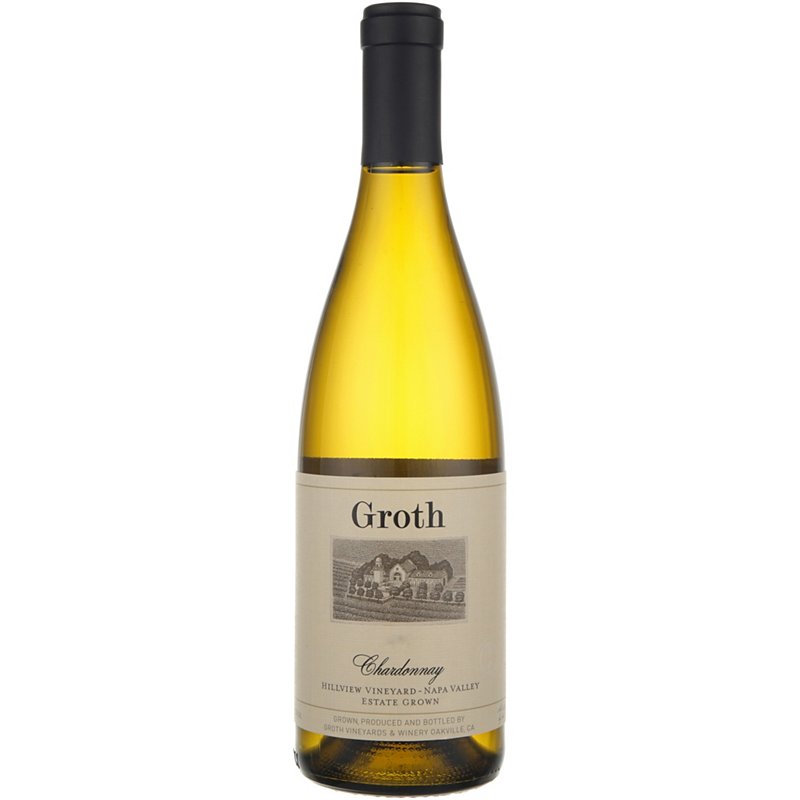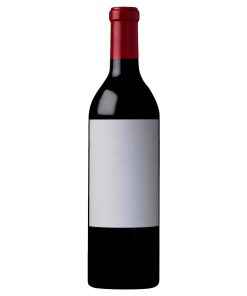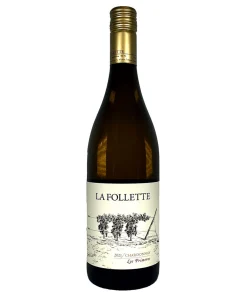Groth Chardonnay (NY Item)
$29.69
Out of stock
Groth Chardonnay
Groth Chardonnay Long, cool fermentation in a mixture of old and new barrels gives our Chardonnay layers of fruitiness and complexity that result in a wine that is very enjoyable when young or after several years of bottle age. This method of fermentation, in conjunction with whole cluster pressing and “sur lie” aging add layers of toastiness and creaminess to the wine. Together these components meld together harmoniously to create a balanced wine that is both lively and rich in aroma and flavor.
It didn’t take the Groth family long to know that in buying the Oakville Estate, they had acquired a special property. The first recognition that immediately put Groth on the map and confirmed their credentials was when Robert Parker of the Wine Advocate gave the Groth 1985 Reserve Cabernet Sauvignon the distinction of being the first 100-point wine from the United States. This sparked feverish demand for the wine.
The Groth family’s commitment to quality continues to draw recognition. Groth wines have been ranked on Wine Spectator’s prestigious Top 100 Wines list eight times in the winery’s history, most recently in 2019, when the 2016 Reserve Cabernet was No. 4.
Chardonnay
Chardonnay is the world’s most famous white-wine grape and also one of the most widely planted. Although the most highly regarded expressions of the variety are those from Burgundy and California, many high-quality examples are made in Italy, Australia, New Zealand and parts of South America.
Describing the flavors of Chardonnay is not easy. While many Chardonnay wines have high aromatic complexity, this is usually due to winemaking techniques (particularly the use of oak) rather than the variety’s intrinsic qualities. Malolactic fermentation gives distinctive buttery aromas. Fermentation and/or maturation in oak barrels contributes notes of vanilla, smoke and hints of sweet spices such as clove and cinnamon. Extended lees contact while in barrel imparts biscuity, doughy flavors. Because of this high level of winemaker involvement, Chardonnay has become known as the “”winemaker’s wine””.
The variety itself (although often said to be relatively flavor-neutral) is responsible for most of the fruity flavors found in Chardonnay wines. These range from the tropical (banana, melon, pineapple and guava) to stonefruits (peach, nectarine and apricot), citrus and apples.
Related products
2022 Francois Villard Les Contours de Deponcins Viognier 2022 Francois Villard Les Contours de Deponcins Viognier: On the nose, this wine offers aromas of citrus, apricot, honey and menthol notes. Then, the aniseed and spicy notes develop. On the palate, the wine retains a beautiful straightness, a light fatness as well as a beautiful maturity and an [...]




